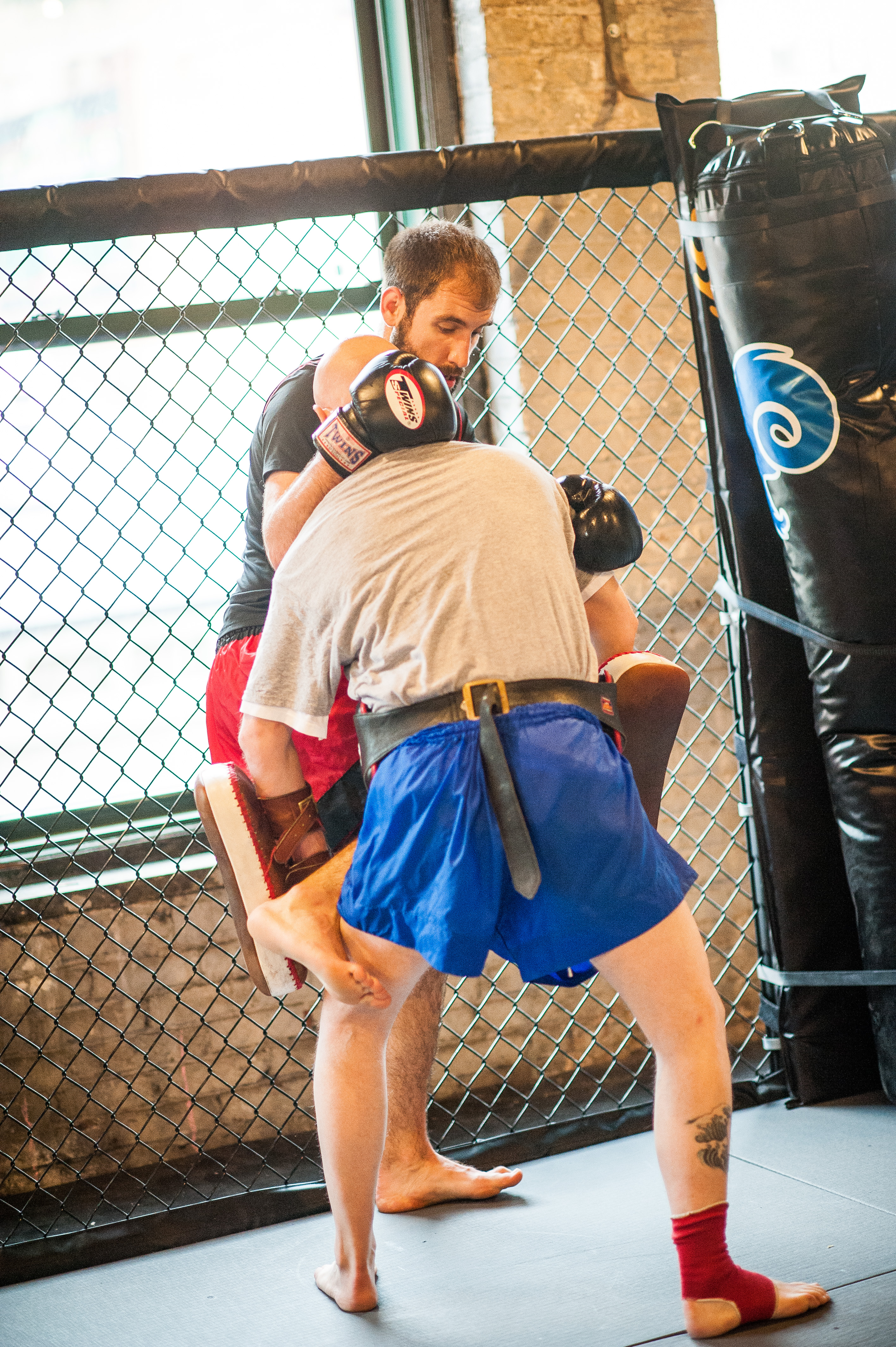Self-Defense Course, Edge Weapons Overview by Craig Douglas
Craig Douglas “southnarc” and shivworks teaches a knife jab for self-defense As a self professed “gun guy” I first… Read More
Craig Douglas “southnarc” and shivworks teaches a knife jab for self-defense As a self professed “gun guy” I first… Read More
David Reese Interview David Reese teaching details of the clinch to a Muay Thai student and amateur MMA fighter. 1.) Q: I know… Read More

The training of leg lock submissions has always been a controversial issue in the grappling arts. Sambo and catch wrestling practitioners swear by them while… Read More
I’m reposting this, which was originally a question from someone looking at our school for the first time. I’ve edited it a little and added some things. The question was: “Does your school focus more on sport or self-defense?” It is a good question and I had to reflect on it some before writing an answer. There are schools that focus on one or the other, if not exclusively then at least they state one or the other as a focus. For example, Gracie Torrence states that the main goal of their jiu-jitsu is self-defense. I think Alliance would be on the other end of the spectrum. There are both great schools and, although I have trained with students from both, I have never been at either school for a class. Below is what I feel is the focus of our school. Individual members may have a different focus. Hopefully the response will give you a better idea of what our guiding principals are at Renzo Gracie Pittsburgh. Read More
The amount of technique in jiu jitsu can be overwhelming especially when you are new to the activity. It helps with learning to organize technique into categories and names. The Japanese did this very well with Judo. Techniques are grouped into two general categories for example, ground and standing techniques. There are subgroups under this. Wrestling has not done as thorough of a job of naming and organizing techniques. Organization and naming is, in my opinion more important in the beginning learning stages of jiu jitsu. Because competitive rules and, hence, priorities in jiu jitsu and mixed martial arts are so different than Judo, and other techniques not used in Judo are involved, the following can serve as a guide to organizing jiu jitsu techniques. Another reason I believe that Judo names don’t suffice is that something is lost in using Japanese language words for English speakers. [1] Read More